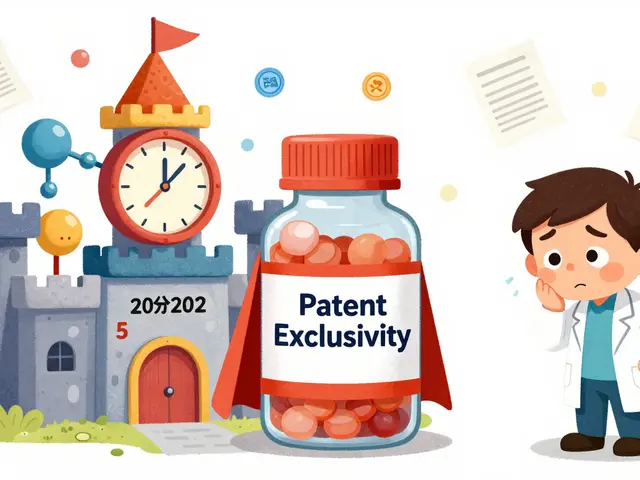Fertility Clinic: What to Expect and How to Pick the Right One
Looking for a fertility clinic can feel overwhelming. You want clear facts, honest success rates, and staff who treat you like a person, not a number. This page gives practical steps to find a clinic that fits your medical needs, budget, and comfort level.
What happens at the first visit
Your first appointment usually focuses on history and basic tests. Expect blood work to check hormones and ovarian reserve, a semen analysis, and a pelvic ultrasound. The clinic should explain possible causes of infertility and outline a basic plan — often starting with simpler treatments like timed intercourse or IUI before moving to IVF.
Bring previous records and a calendar of cycles, if you track them. Ask for a clear timeline: how long each test takes, when results arrive, and how many visits are needed. Good clinics give realistic timelines rather than promising fast fixes.
Questions to ask and red flags to watch for
Ask about published success rates broken down by age and treatment type (IUI vs IVF). Ask whether rates show live births per fresh cycle, per frozen cycle, or cumulative per patient — that matters. Confirm the clinic’s accreditation and whether the embryology lab is in-house. A strong lab often means better embryo handling and freezing.
Costs are a big factor. Request a written estimate that separates consultation, tests, drugs, procedures, and storage fees. Ask about refund or shared-risk programs if available. If insurance might cover part of care, ask for billing codes to check with your provider.
Watch for pressure to start complex treatments right away, lack of transparent pricing, or refusal to share data. Friendly staff is good, but transparency and outcome data matter most.
Treatments commonly offered include medication cycles, IUI (intrauterine insemination), IVF (in vitro fertilization), egg or sperm donation, and fertility preservation (egg/sperm freezing). Each option has tradeoffs. For example, IUI is cheaper and less invasive but has lower success rates for some diagnoses. IVF has higher success per cycle but costs more and takes longer.
Think about logistics: how far will you travel for monitoring? Some clinics offer some monitoring locally and do procedures at the main center. If legal or donor issues matter, ask about consent forms and storage rules in your region.
Finally, trust your instincts. A good clinic listens, explains risks and alternatives, and supports you through decisions. Don’t rush. Compare at least two centers, read patient reviews, and ask to meet the nursing team and embryologist if possible. With clear questions and a simple checklist, you’ll pick a clinic that feels right medically and personally.




